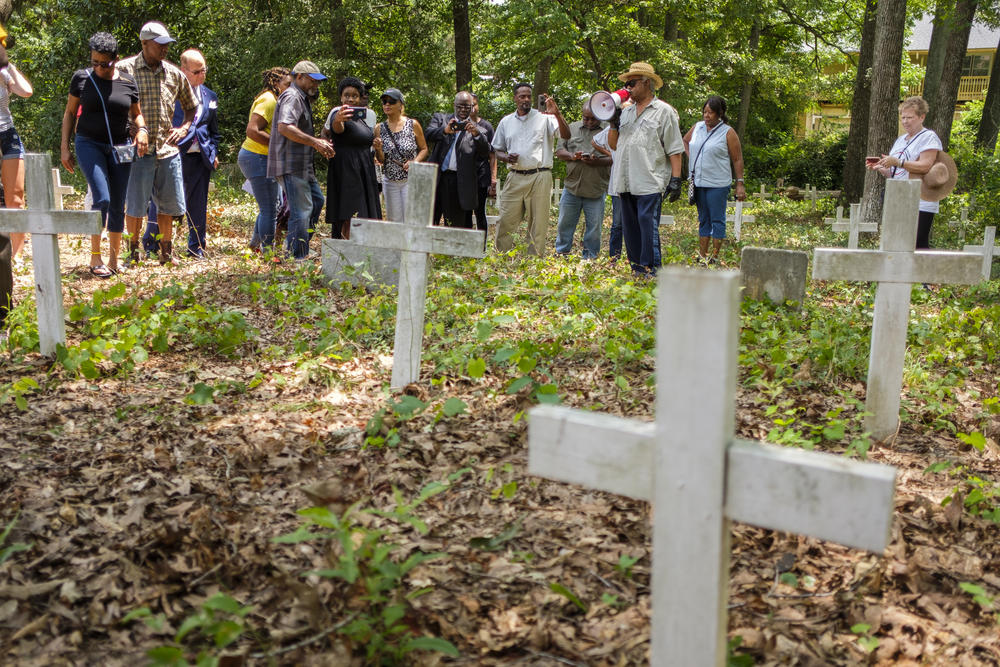Section Branding
Header Content
Federal Court Will Not Unseal Documents In 1940s Lynching
Primary Content
A federal appeals court has ruled it will not allow the unsealing of over 70-year-old grand jury documents tied to a notorious Georgia lynching.
The 8-4 opinion issued on March 30 by the entire body of judges in the United States Court of Appeals for the Eleventh Circuit said it would be improper to release the grand jury documents in the Moore’s Ford Lynching case. The court said to do so would endanger the secrecy of every grand jury proceeding from that point on.
"The Supreme Court has long recognized that the proper functioning of our grand jury system depends upon the secrecy of grand jury proceedings,” read one line of the opinion.
The ruling was an example of the appeals court reversing its own course. Both a federal district court and a smaller body of judges in the 11th Circuit had found years before that the continued historical interest in the Moore’s Ford case warranted the release of the documents.
This time, even when appealing to the same body of case law at the heart of the original rulings, the court said the Moore's Ford case did not line up with a well defined list of reasons courts have historically deviated from grand jury secrecy.
RELATED: A Chance For Truth In A 73-Year-Old Georgia Lynching
The Moore’s Ford Lynching was the killing of two black couples by a white mob at a bridge on the Apalachee River in 1946. Those who study the event disagree over whether the lynching was in revenge for the stabbing of a white man by victim Roger Malcom or was an example of voter suppression in the first year black people could vote in the state’s Democratic primary.
Historian and author Anthony Pitch searched for years for the grand jury documents which had disappeared from federal records before somehow finding them in the National Archives in Washington, D.C. He then spent the years up until his death petitioning the courts for permission to read and share what he had found.
When Pitch died, his attorney, Joe Bell, pulled in another author, historian and Moore’s Ford expert, Laura Wexler, as the party who would allow the case to continue.
In a 2019 interview, Wexler said given the age of the case, it seemed unlikely that anyone would be left living to prosecute for the crimes. She said the value of the records would come in trying to understand the mechanical workings of a racist system that as a matter of course tolerates hate crimes.
“We would look to the entire system as both the cause for an incident like this and then the protection for those who perpetrated it,” Wexler said. “There's the violent racist on the bridge, but more people exist in this sort of liminal state where they know something they don't agree with it, but they don't tell what they know,”
“I would argue the majority of people are in that liminal state,” she said.
In 2007, more than 3,000 pages of FBI files relating to the case were released in response to an open records request.
Meanwhile, the Moore’s Ford Lynching itself is the subject of an annual reenactment put on by the longstanding Moore’s Ford Movement activist group in the country outside the town of Monroe.
Bell has said he is not done pursuing the grand jury documents.


